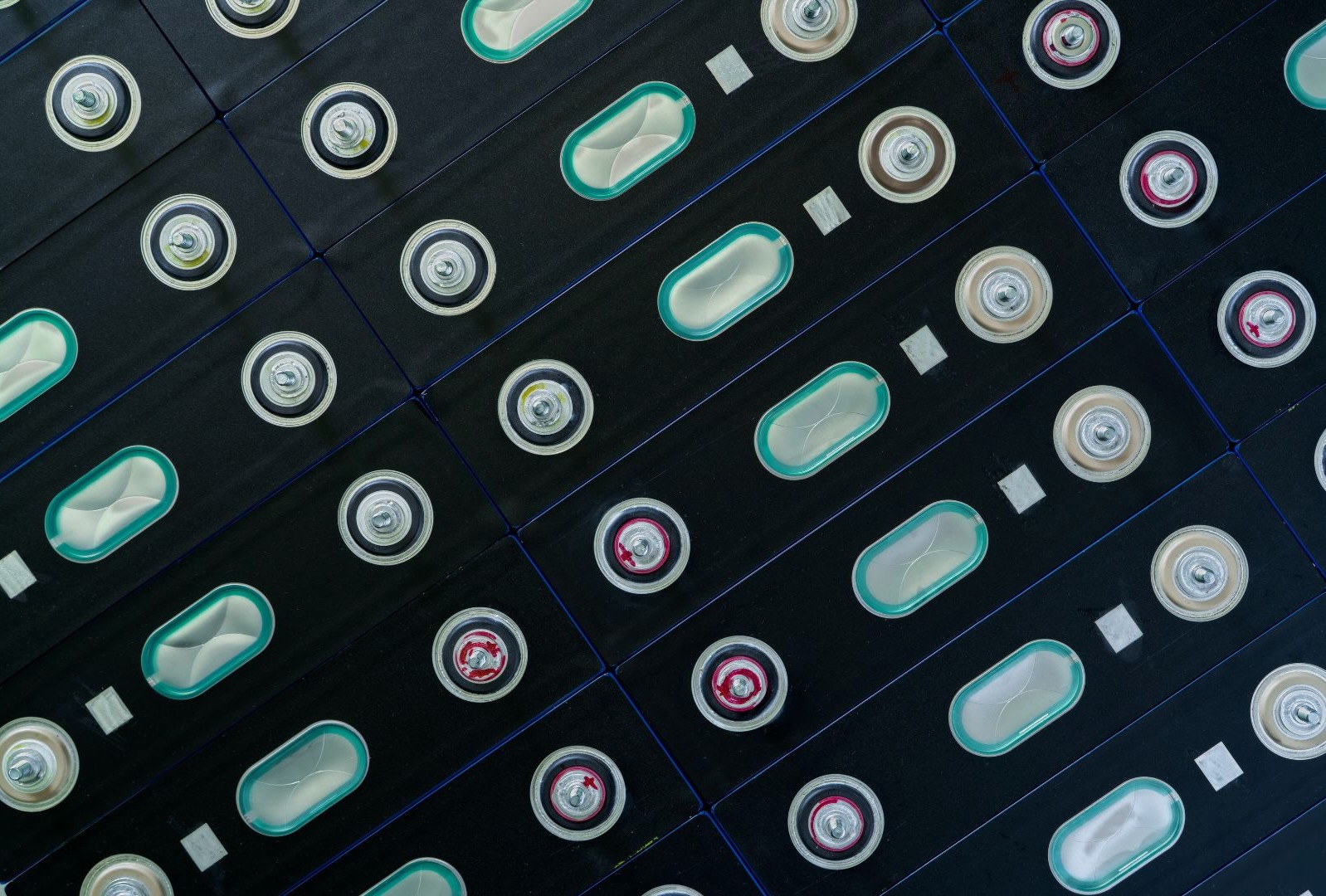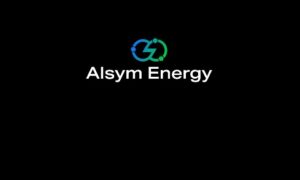
Cold weather can diminish performance in expensive lithium-ion batteries and even lead to permanent damage
Alsym™ Energy, a leading developer of non-lithium rechargeable battery technology, has issued a list of practical tips for consumers to protect their electric vehicles (EVs), lawn equipment, and other products that use expensive lithium-ion batteries as cold weather sets in across North America. While these devices have fewer reliability issues and are cleaner to operate than their gas-powered counterparts, sub-freezing temperatures can trigger chemical reactions inside lithium-ion batteries that reduce overall health and longevity, as well as increase the risk of battery failures and resulting fires.
“Despite their increased presence in back yards and driveways, lithium-ion batteries experience reduced performance in relatively common winter conditions. In fact, storing and charging them in sub-zero temperatures may even cause damage that can lead to fires in spring and summer months,” said Alsym co-founder and CEO Mukesh Chatter. “As advocates for a new generation of non-flammable, non-toxic rechargeable battery technologies, we consider it our duty to help consumers protect their investments in expensive current-generation lithium-ion devices as well as help minimize potential risks to life and property.”
Alsym’s five lithium-ion battery tips for consumers this winter:
- Park EVs in garages to prevent exposure to the lowest temperatures. While lithium-ion batteries can discharge at temperatures as low as -5 F / -20 C, performance is significantly reduced below 32 F / 0 C. Charging them in sub-freezing conditions can even result in permanent damage and increased risk of failure. Unless the manufacturer has advised against doing so due to a known safety issue or recall, parking your EV inside during winter is the easiest way to protect your investment and ensure peak performance.
- Allow cold EV batteries to warm up before using them. Before driving in cold weather, EV owners should warm their car’s interior to the battery’s optimum temperature. You can do this while plugged in to avoid draining the battery. This process is often referred to as “preheating” your vehicle, most cars can do this autonomously or on a pre-set schedule. Batteries discharge the most energy when they’re in their ideal temperature range, which means you’ll get more miles out of each charge. Preheating is also important for battery life, as cold weather puts extra strain on the battery. If you repeatedly drive with a cold battery, you should expect reduced performance in all conditions.
- Store batteries for lawn equipment inside if possible and top them off regularly. Like EVs, lithium-ion batteries used in electric leaf blowers, lawn mowers and power tools can also be damaged by cold temperatures. But unlike EVs, most of these devices use removeable batteries that can be safely stored indoors—as long as they’re not neglected. Lithium-ion batteries can be damaged if fully discharged for more than a short time, and a good rule of thumb is to recharge them when they get below 25% capacity.
- If you can’t take a battery inside, monitor its state of charge every 1-2 weeks. While new lithium-ion batteries only lose 3% – 5% of charge per month under ideal operating conditions, that rate increases as the mercury drops—especially for older batteries. If you own battery-powered devices that can’t go inside and don’t see use in the winter, set a reminder to top them up regularly.
- Disconnect chargers after the charging cycle is complete. It’s not always possible to spot a battery with internal damage, and risk of failure and fire is always highest when batteries are charging. Most rechargeable batteries should be disconnected as soon as possible after reaching a full charge to avoid a potential overcharging situation. As always, reference the manual that came with your EV, lawn equipment or other battery-powered products and follow the recommendations provided.




